The UPSC Optional Syllabus of Medical Science consists of two papers, Paper I and Paper II, each carrying a weightage of 250 marks. Both the papers are divided into different sections, and candidates have to choose one subject from each section. Let us look into the details of each paper.
UPSC Medical Science Optional Syllabus
The UPSC Medical Science Optional Syllabus covers a wide range of subjects. A thorough understanding of the entire Medical Science optional syllabus will enable you to plan your preparation strategically. Medical Science is the best UPSC optional subject for candidates who have studied medicine in their undergraduate degree or have already worked as a doctor, biomedical engineer, pharmacist or nurse.
| UPSC Medical Science Syllabus | Topics |
| Paper I | Human Anatomy Human Physiology Biochemistry Pathology Microbiology Pharmacology Forensic Medicine and Toxicology |
| Paper II | General Medicine Paediatrics Dermatology General Surgery Obstetrics and Gynaecology including Family Planning Community Medicine (Preventive and Social Medicine) |
UPSC Medical Science Optional Syllabus for Paper I
Human Anatomy
- Applied anatomy including blood and nerve supply of upper and lower limbs and joints of shoulder, hip and knee.
- Gross anatomy, blood supply and lymphatic drainage of tongue, thyroid, mammary gland, stomach, liver, prostate, gonads and uterus.
- Applied anatomy of the diaphragm, perineum and inguinal region.
- Clinical anatomy of kidney, urinary bladder, uterine tubes, vas deferens.
- Embryology: Placenta and placental barrier. Development of heart, gut, and kidney. uterus, ovary, testis and their common congenital abnormalities.
- Central and Peripheral Autonomic Nervous System: Gross and clinical anatomy of ventricles of the brain, circulation of cerebrospinal fluid; Neural pathways and lesions of cutaneous sensations, hearing and vision; Cranial nerves distribution and clinical significance; Components of the autonomic nervous system.
Human Physiology
- Conduction and transmission of impulse, mechanism of contraction, neuromuscular transmission, reflexes, control of equilibrium, posture and muscle tone, descending pathways, functions of the cerebellum, basal ganglia, Physiology of sleep and consciousness.
- Endocrine System: Mechanism of action of hormones; formation, secretion, transport, metabolism, function and regulation of secretion of pancreas and pituitary gland.
- Physiology of Reproductive System: Pregnancy menstrual cycle, lactation, pregnancy.
- Blood: Development, regulation and fate of blood cells.
- Cardio-vascular, cardiac output, blood pressure, regulation of cardiovascular functions.
Biochemistry
- Organ function tests—liver, kidney, thyroid Protein synthesis.
- Vitamins and minerals.
- Restriction fragment length.
- polymorphism (RFLP).
- Polymerase chain reaction (PCR).
- Radio-immunoassays (RIA).
Pathology
Inflammation and repair, disturbances of growth and cancer, Pathogenesis and histopathology of rheumatic and ischaemic heart disease and diabetes mellitus. Differentiation between benign, malignant, primary and metastatic malignancies, Pathogenesis and histopathology of bronchogenic carcinoma, carcinoma breast, oral cancer, cancer cervix, leukemia, Etiology, pathogenesis and histopathology of- cirrhosis liver, glomerulonephritis, tuberculosis, acute osteomyelitis.
Microbiology
- Humoral and cell-mediated immunity.
- Diseases caused by and laboratory diagnosis of —
- Meningococcus, Saimonella
- Shigella, Herpes, Dengue, Polio
- HIV/AIDS, Malaria, E. Histolytica, Giardia
- Candida, Cryptococcus, Aspergillus.
Pharmacology
Mechanism of action and side effects of the following drugs :
- Antipyretics and analgesics, Antibiotics,
- Antimalaria, Antikala-azar, Antidiabetics,
- Antihypertensive, Antidiuretics, General and cardiac vasodilators, Antiviral, Antiparasitic, Antifungal, Immunosuppressants,
- Anticancer.
Forensic Medicine and Toxicology
Forensic examination of injuries and wounds; Examination of blood and seminal stains; Poisoning, sedative overdose, hanging, drowning, burns, DNA and fingerprint study.
UPSC Medical Science Optional Syllabus for Paper II
General Medicine
Etiology, clinical features, diagnosis and principles of management (including prevention) of—Typhoid, Rabies, AIDS, Dengue, Kala-azar, and Japanese Encephalitis.
Etiology, clinical features, diagnosis and principles of management of :
- Ischaemic heart disease, pulmonary embolism.
- Bronchial asthma.
- Pleural effusion, tuberculosis, Malabsorption syndromes; acid peptic diseases, Viral hepatitis and cirrhosis of the liver.
- Glomerulonephritis and pyelonephritis, renal failure, nephrotic syndrome, renovascular hypertension, complications of diabetes mellitus, coagulation disorders, leukaemia, Hypo and hyperthyroid, meningitis and encephalitis.
- Imaging in medical problems, ultrasound, echocardiogram, CT scan, MRI.
- Anxiety and Depressive Psychosis and schizophrenia and ECT.
Paediatrics
Immunization, Baby-friendly hospital, congenital cyanotic heart disease, respiratory distress syndrome, broncho—types of pneumonia, kernicterus. IMNCI classification and management, PEM grading and management. ARI and Diarrhea of under five and their management.
Dermatology
Psoriasis, Allergic dermatitis, scabies, eczema, vitiligo, Stevan Johnson’s syndrome, Lichen Planus.
General Surgery
- Clinical features, causes, diagnosis and principles of management of cleft palate, harelip.
- Laryngeal tumour, oral and esophageal tumours.
- Peripheral arterial diseases, varicose veins, coarctation of aorta.
- Tumours of Thyroid, Adrenal, Glands.
- Abscess cancer, fibroadenoma and adenosis of the breast.
- Bleeding peptic ulcer, tuberculosis of the bowel, ulcerative colitis, cancer stomach.
- Renal mass, cancer prostate.
- Haemothorax, stones of the Gall bladder, Kidney, Ureter and Urinary Bladder.
- Management of surgical conditions of Rectum, Anus and Anal canal, Gall bladder and Bile ducts.
- Splenomegaly, cholecystitis, portal hypertension, liver abscess, peritonitis, carcinoma head of pancreas.
- Fractures of the spine, Colles’ fracture and bone tumors.
- Endoscopy.
- Laparoscopic Surgery.
Obstetrics and Gynaecology including Family Planning
- Diagnosis of pregnancy.
- Labour management, complications of 3rd stage, Antepartum and postpartum hemorrhage, resuscitation of the newborn, Management of abnormal life and difficult labour. Management of small for-date or premature newborns.
- Diagnosis and management of anaemia. Preeclampsia and Toxaemias of pregnancy, Management of Postmenopausal Syndrome.
- Intra-uterine devices, pills, tubectomy and vasectomy. Medical termination of pregnancy including legal aspects.
- Cancer cervix.
- Leucorrhoea, pelvic pain; infertility, dysfunctional uterine bleeding (DUB), amenorrhoea, Fibroid and prolapse of uterus.
Community Medicine (Preventive and Social Medicine)
- Principles, methods approach and measurements of Epidemiology.
- Nutrition, nutritional diseases/disorders and Nutrition Programmes.
- Health information Collection, Analysis and Presentation.
- Objectives, components and critical analysis of National programmes for control/eradication of :
- Malaria, Kala-azar, Filaria and Tuberculosis,
- HIV/AIDS, STDs and Dengue.
- Critical appraisal of Health care delivery system.
- Health management and administration; Techniques, Tools, Programme Implementation and Evaluation.
- Objectives, Components, Goals and Status of Reproductive and Child Health, National Rural Health Mission and Millennium Development Goals.
- Management of hospital and industrial waste.
Tips to Prepare UPSC Medical Science Syllabus
- Understand the syllabus: Familiarize yourself with the entire syllabus and identify the areas where you need more attention. This will help you strategise your preparation accordingly.
- Solve Previous Year Question Papers: Practice solving previous years’ question papers to get an idea of the exam pattern and type of questions asked. This will also help in time management during actual examinations.
- Seek Guidance: If necessary, enrol in coaching institutes or seek guidance from experienced mentors who can provide valuable insights and strategies to tackle the UPSC Medical Science optional course.
- Practice Regularly: Dedicate enough time to practice solving medical science problems. This will improve your speed and accuracy and increase your understanding of various concepts.
- Develop Short Notes: Prepare short notes on important theorems, formulas and concepts. These notes will serve as quick revision material during the last days before the exam.
- Test Yourself: Give regular mock tests to assess your preparation level and identify areas that need improvement. Analyze your performance and work on your weak spots.
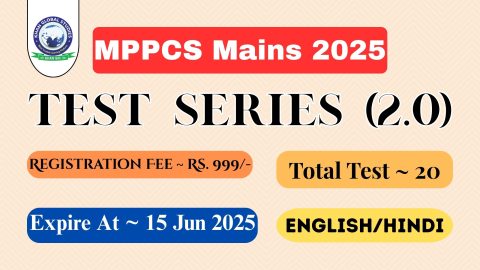
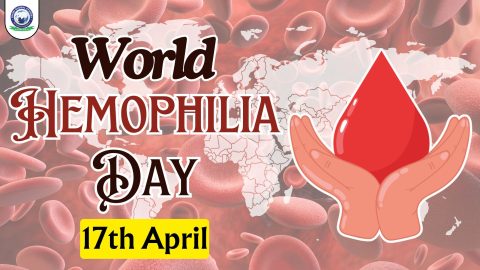

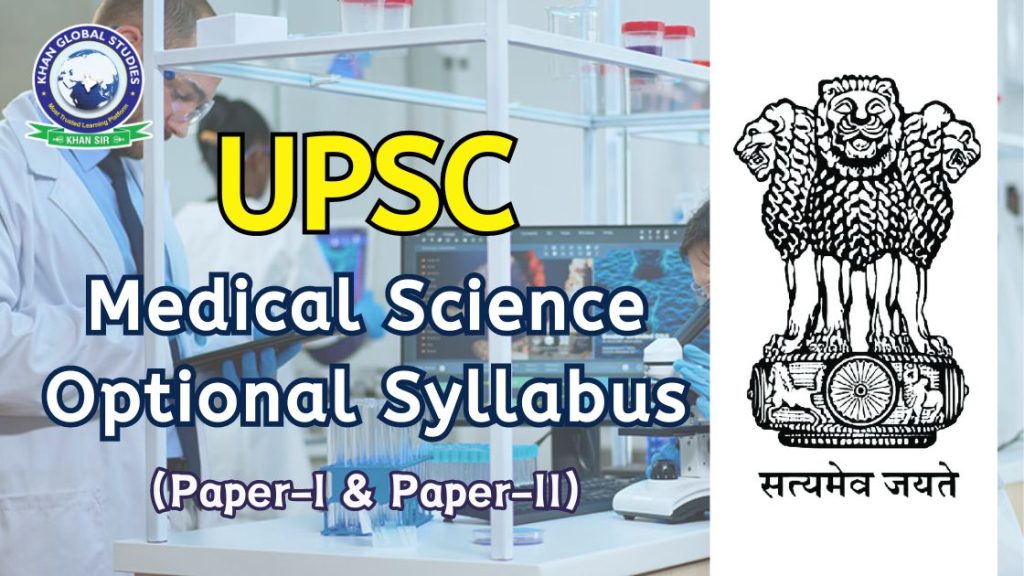
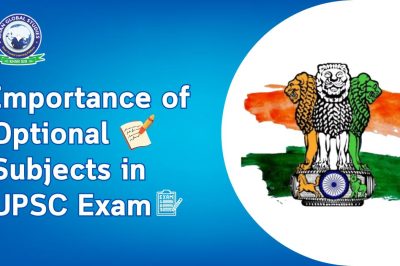
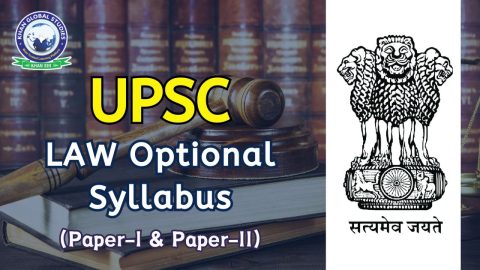

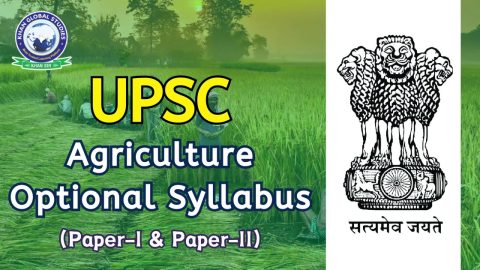
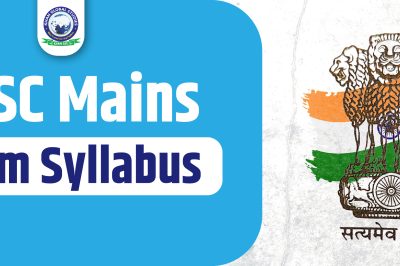
I am not very superb with English but I come up this real easy to read .